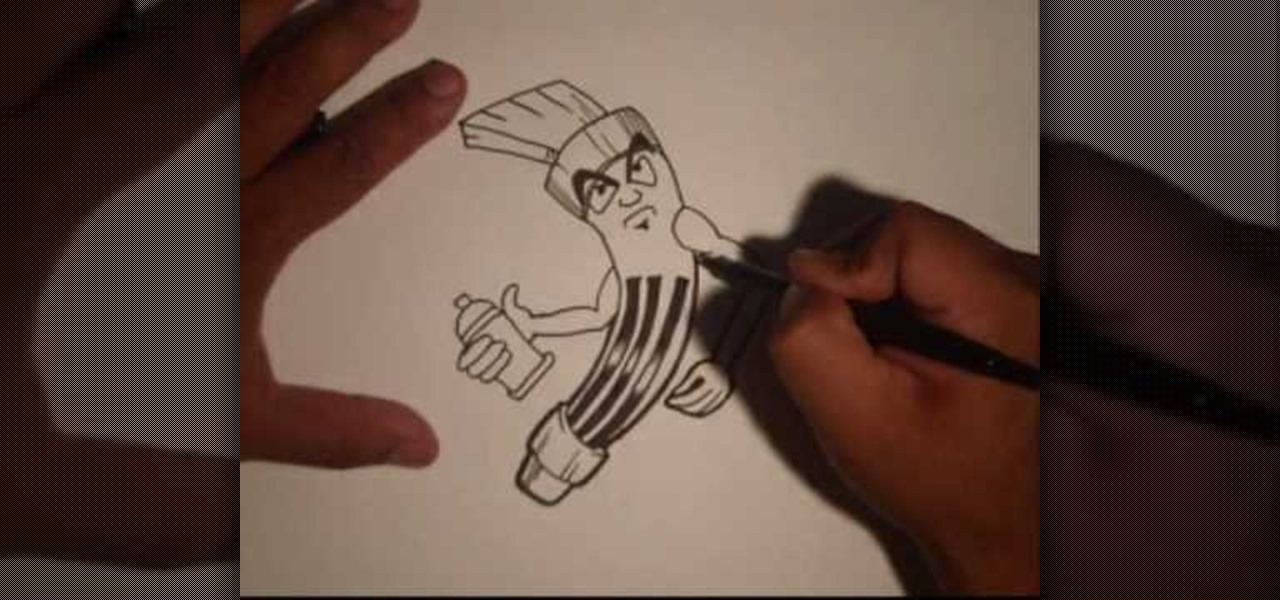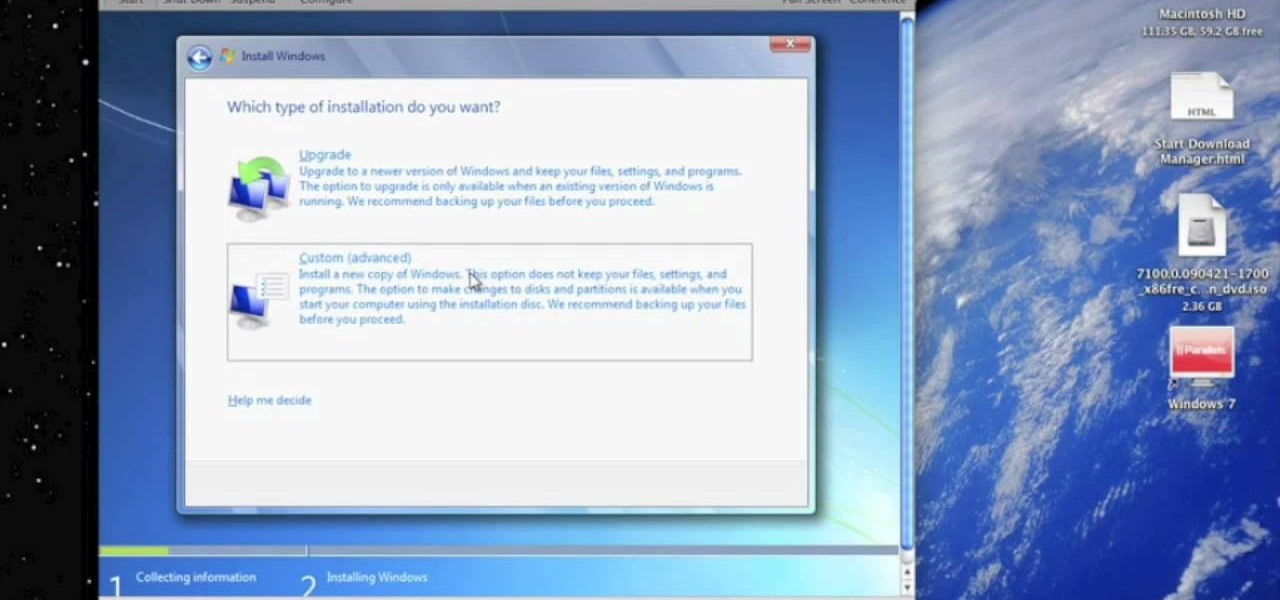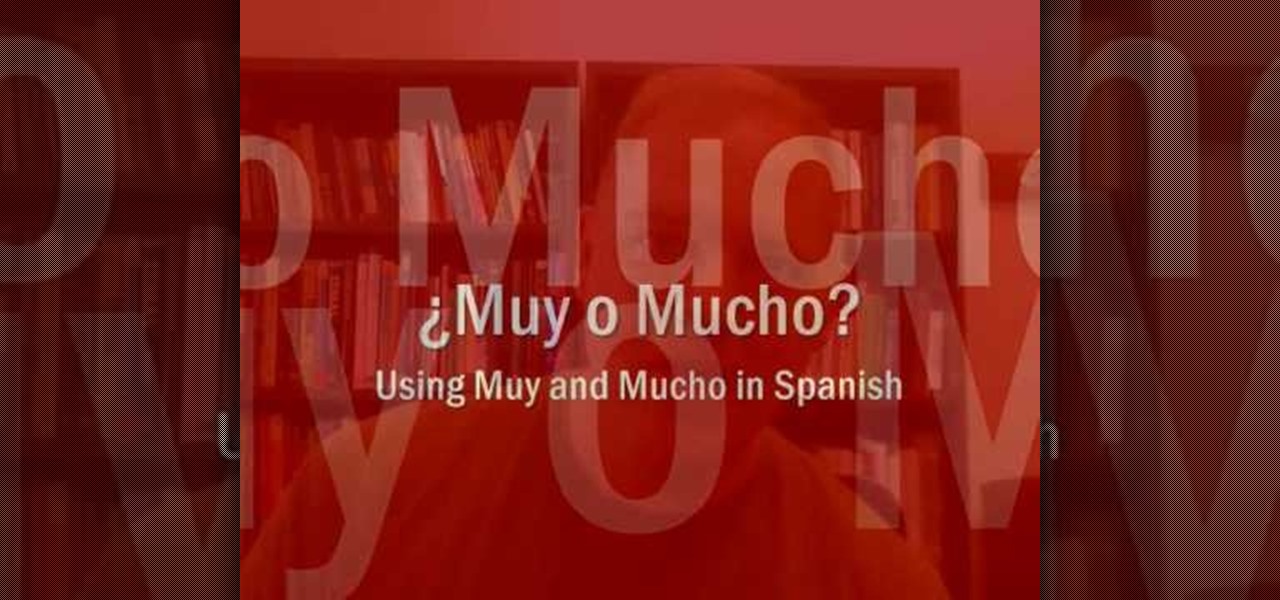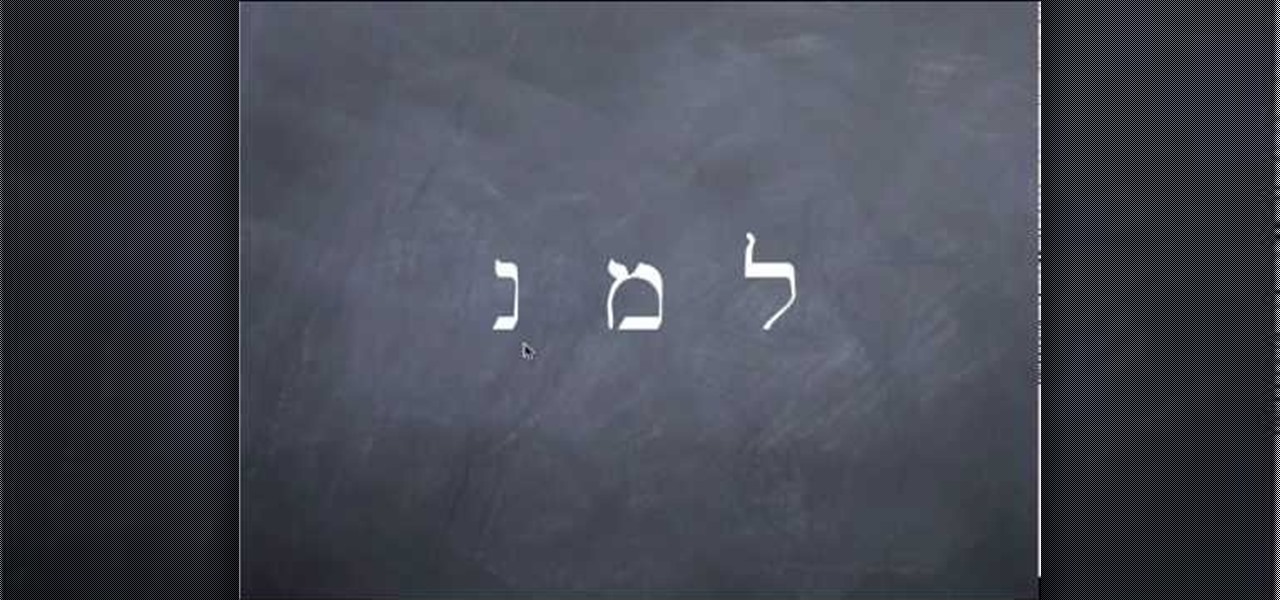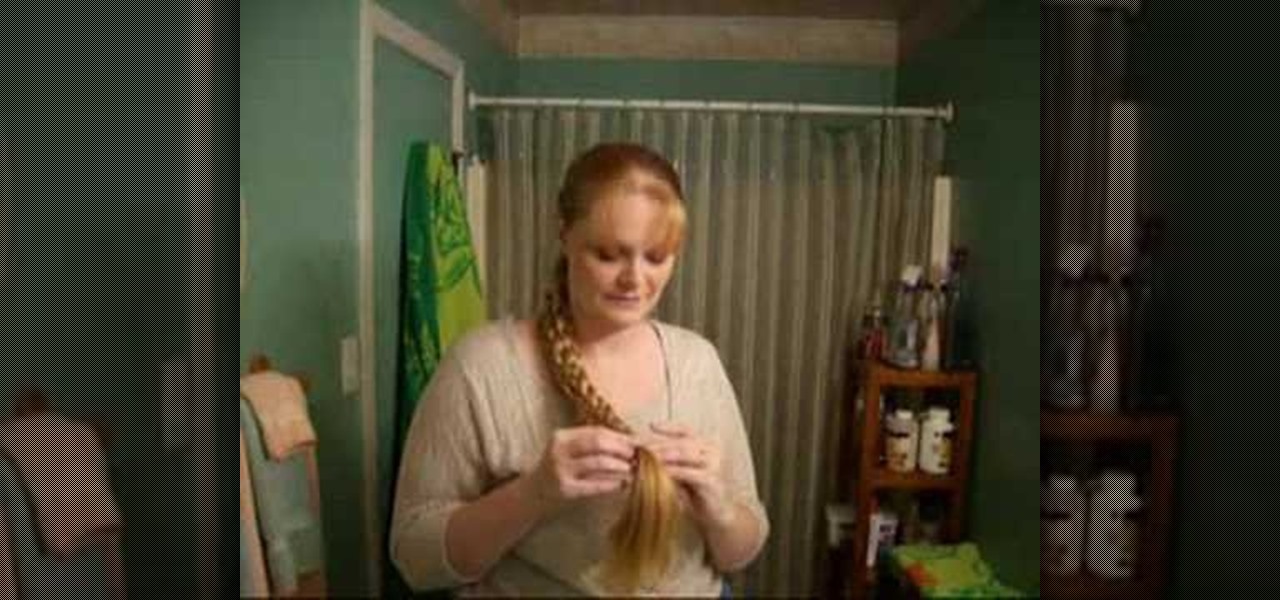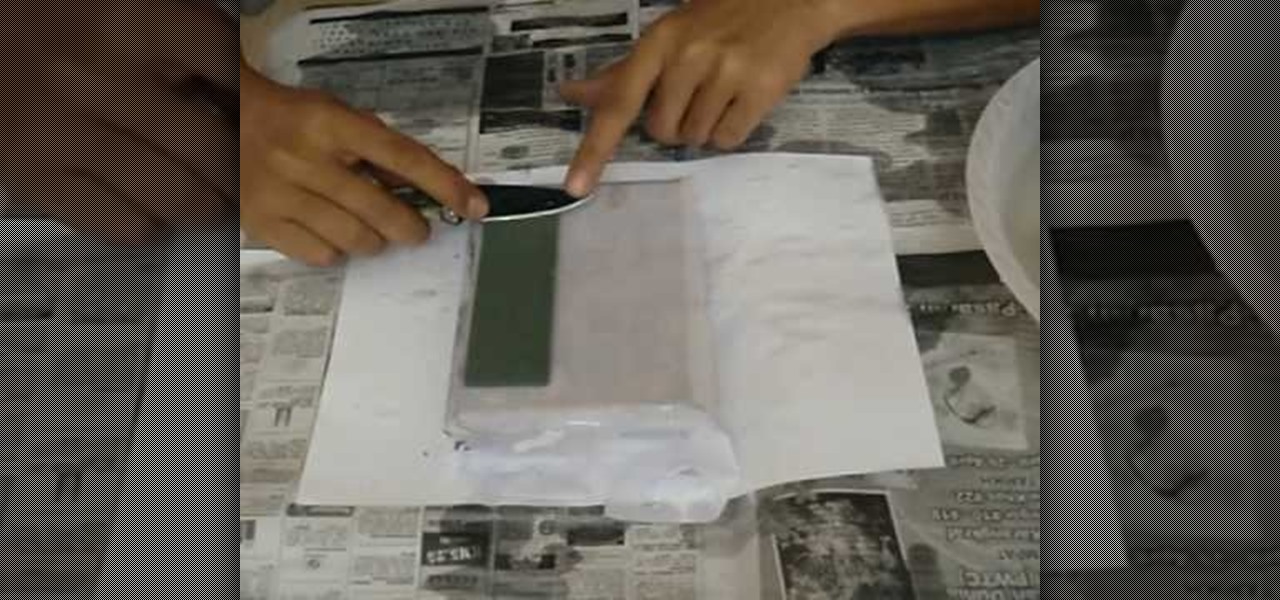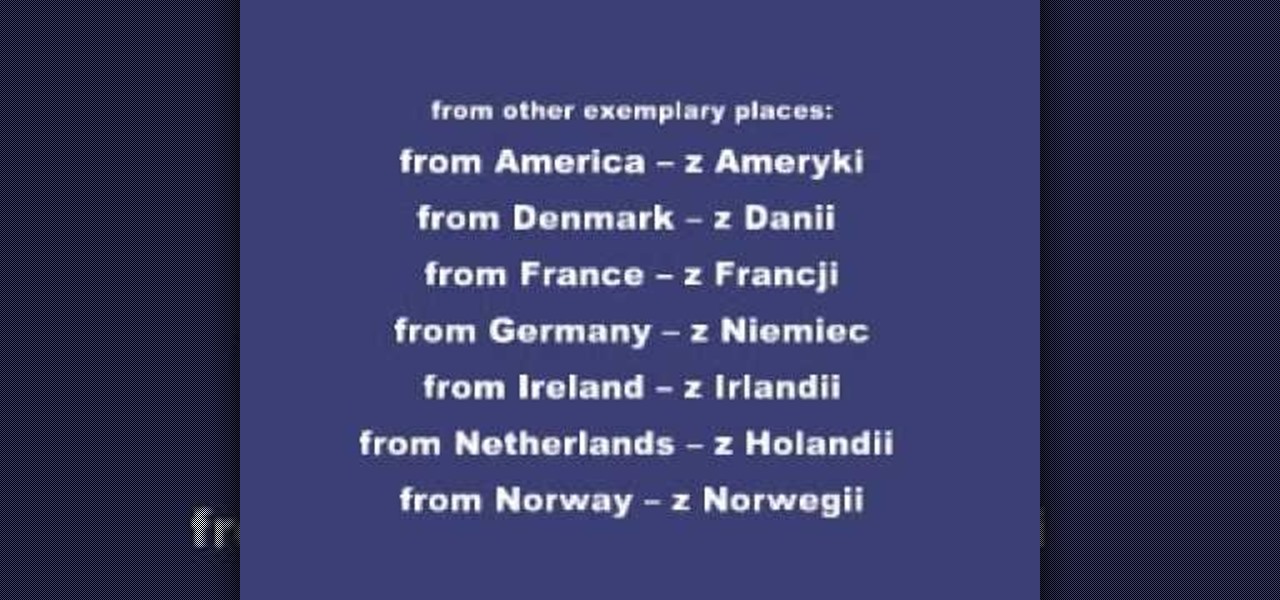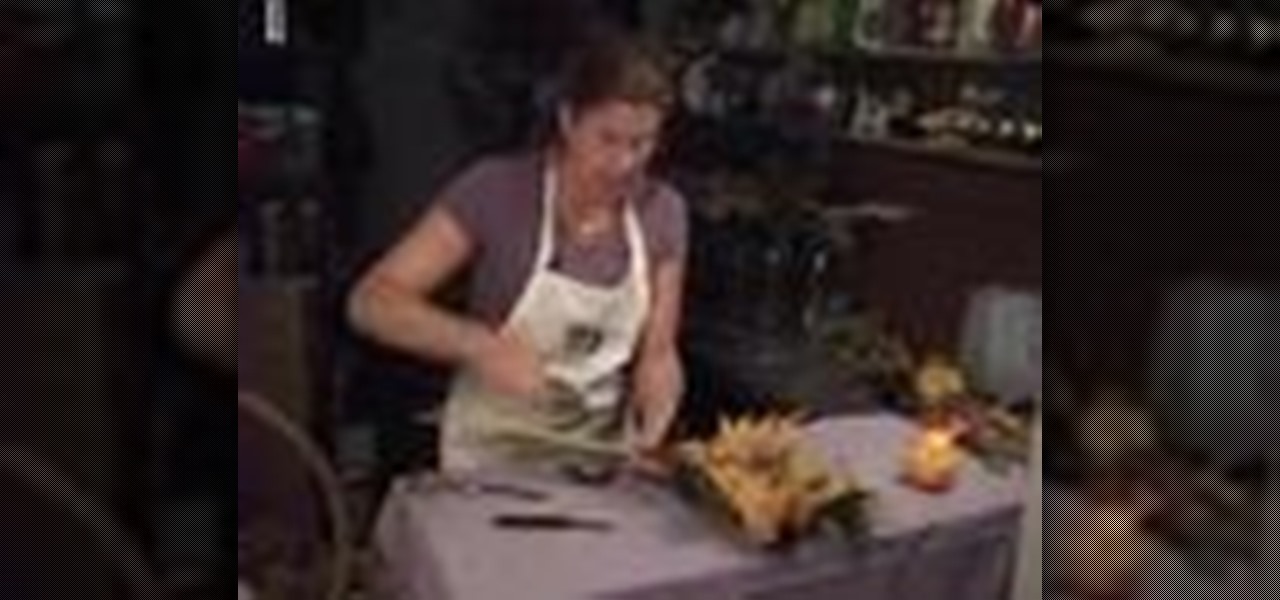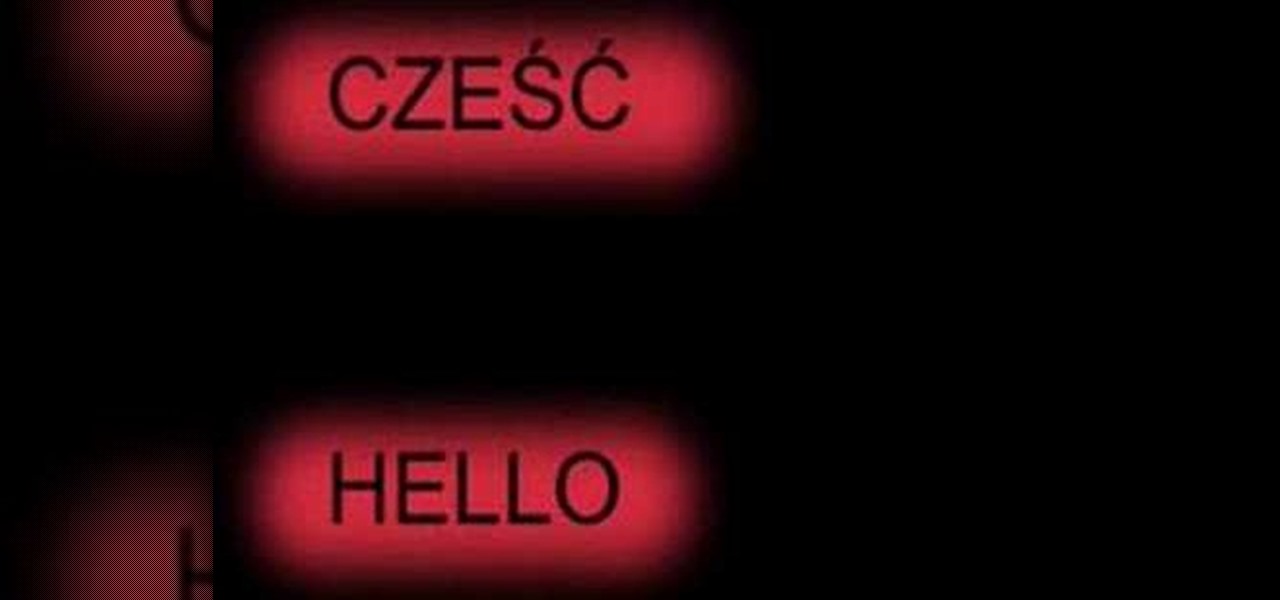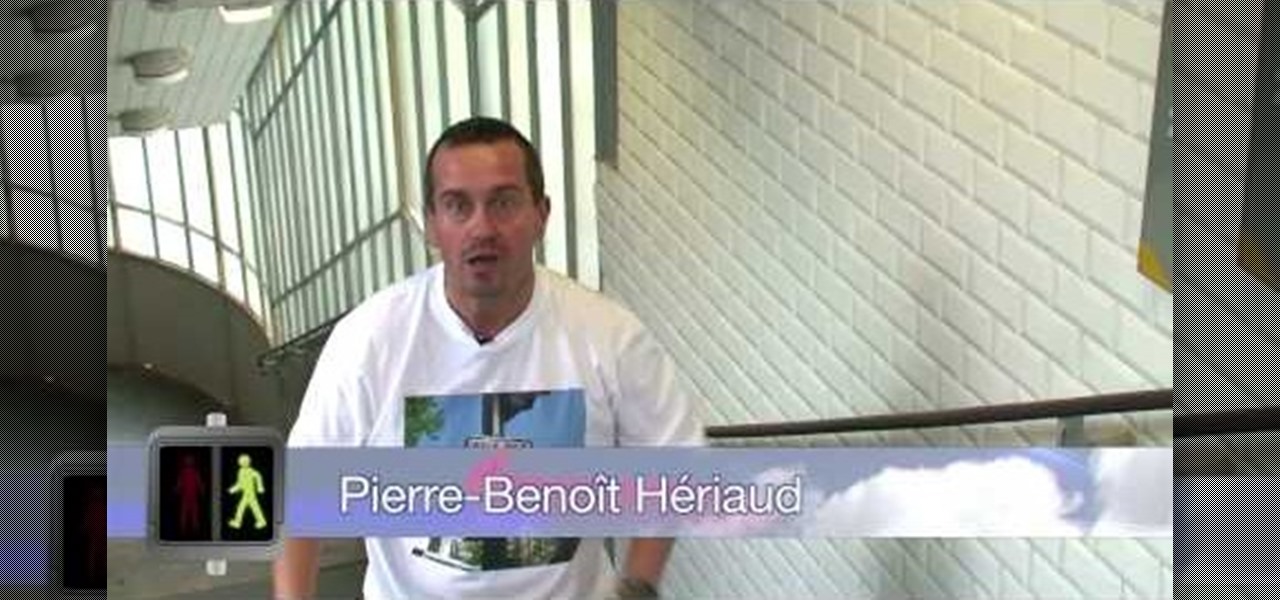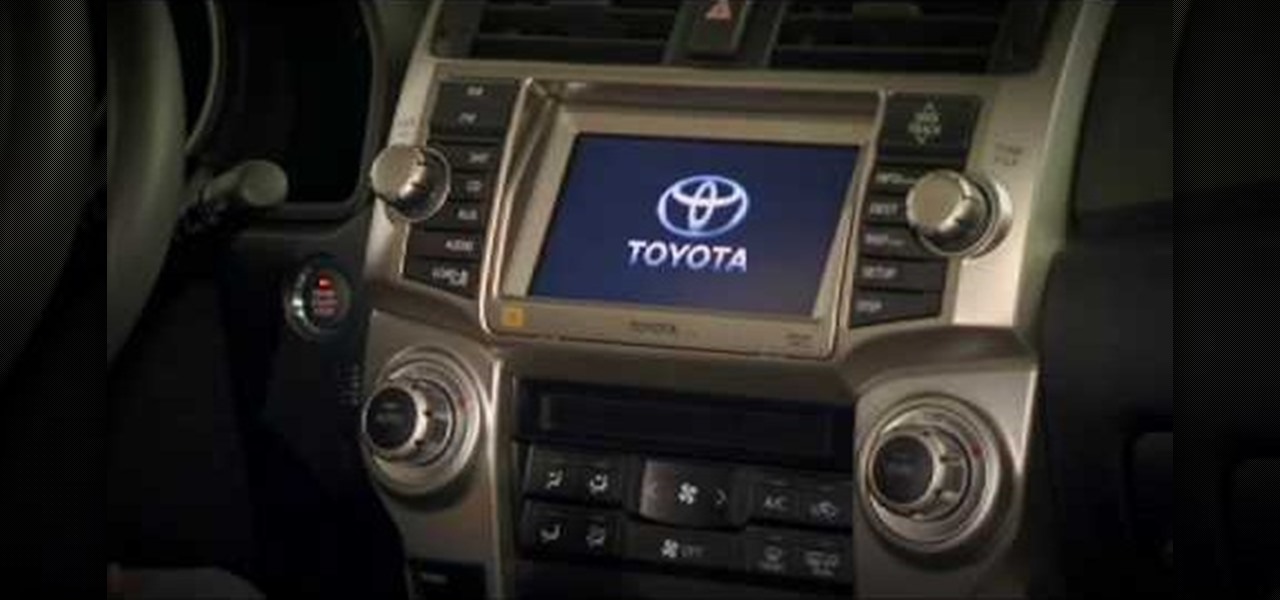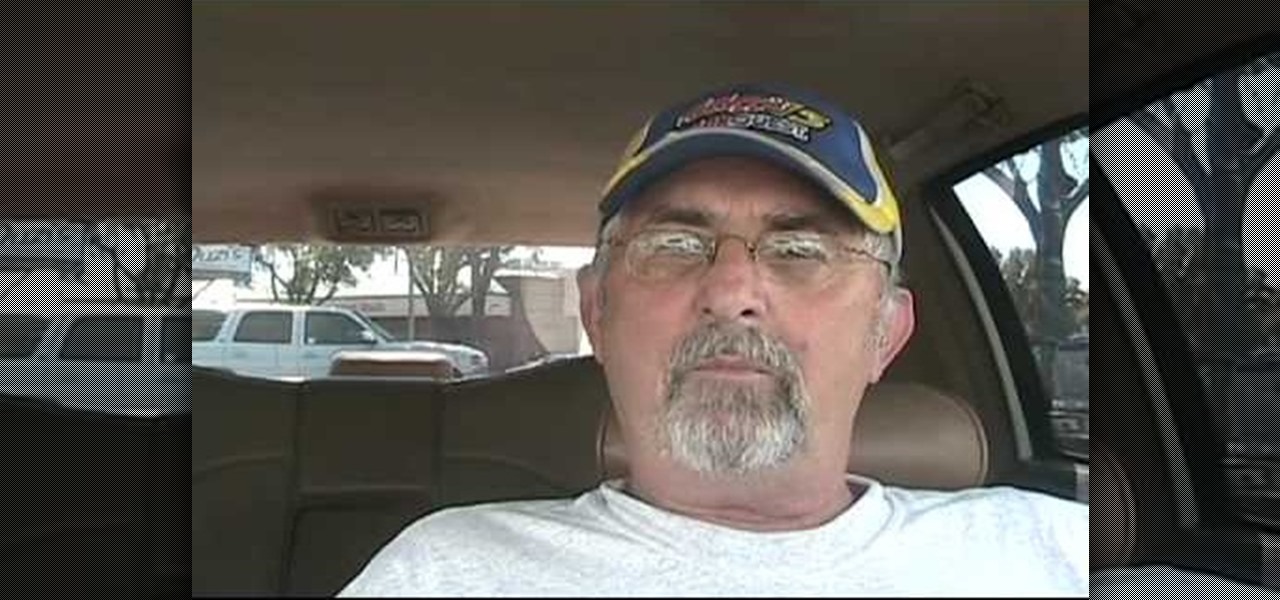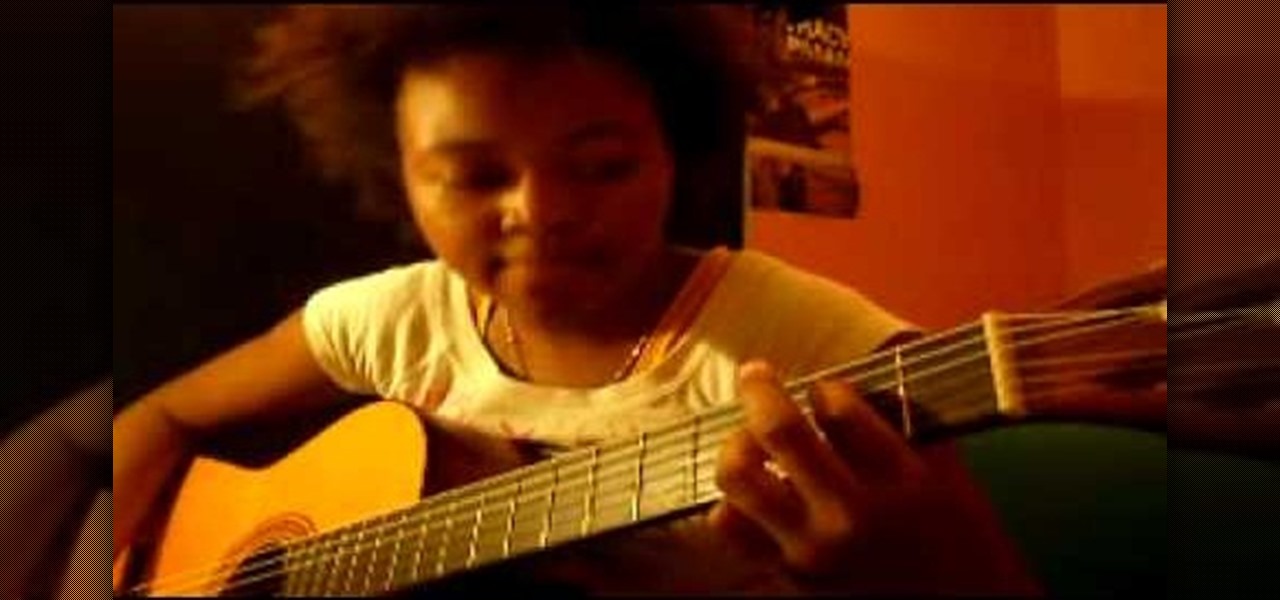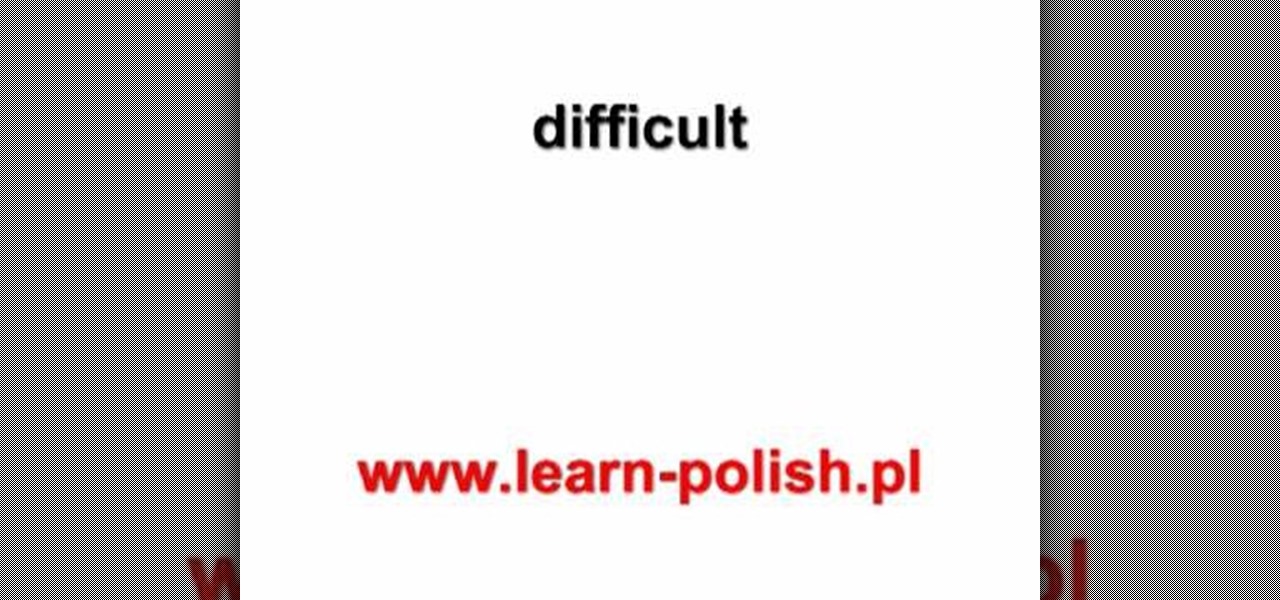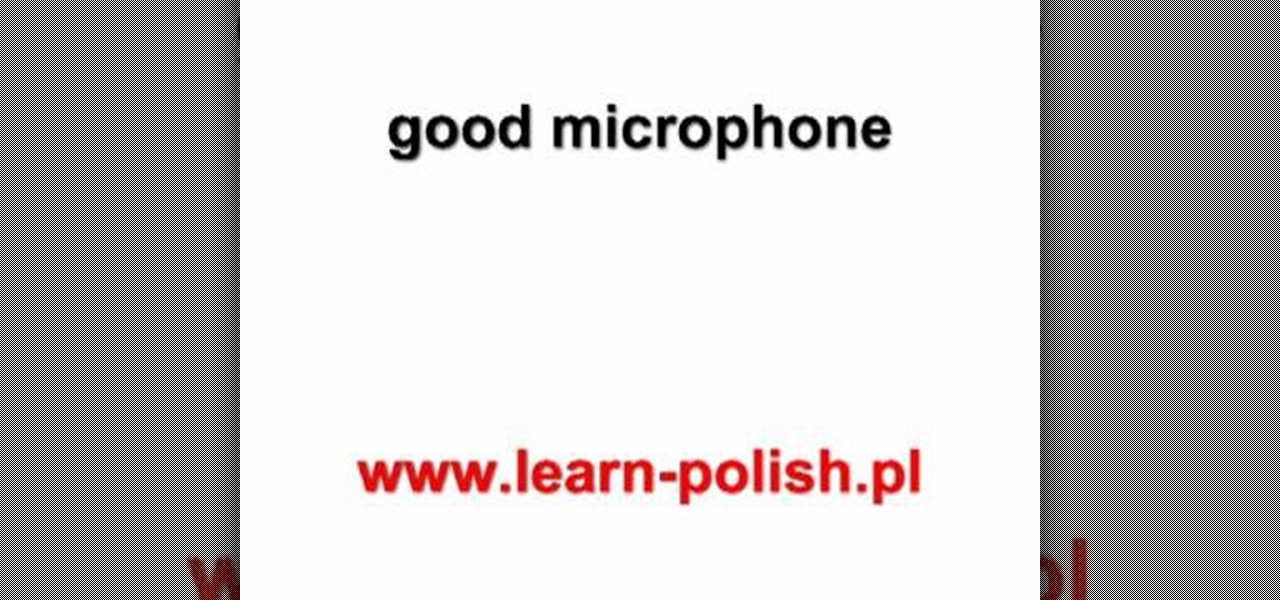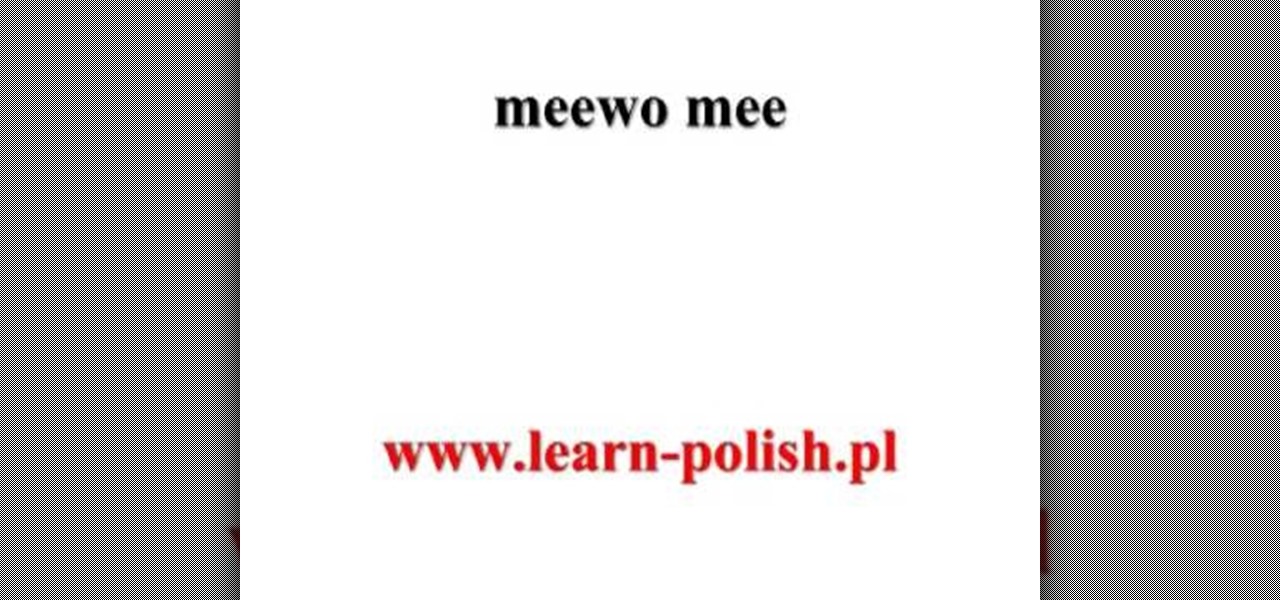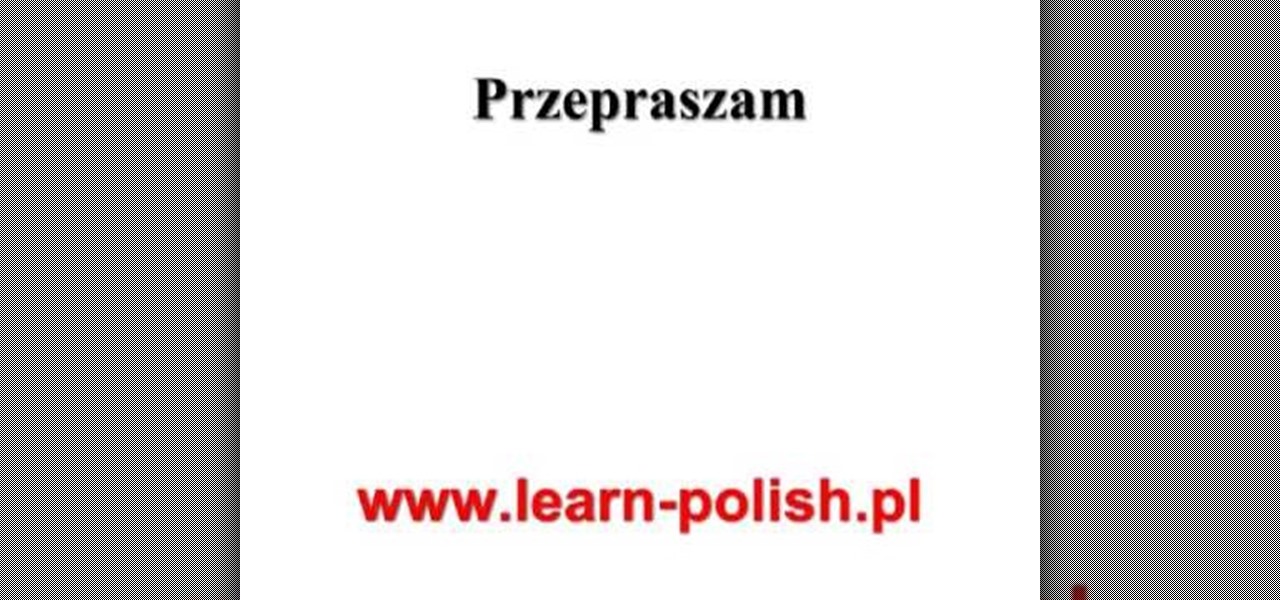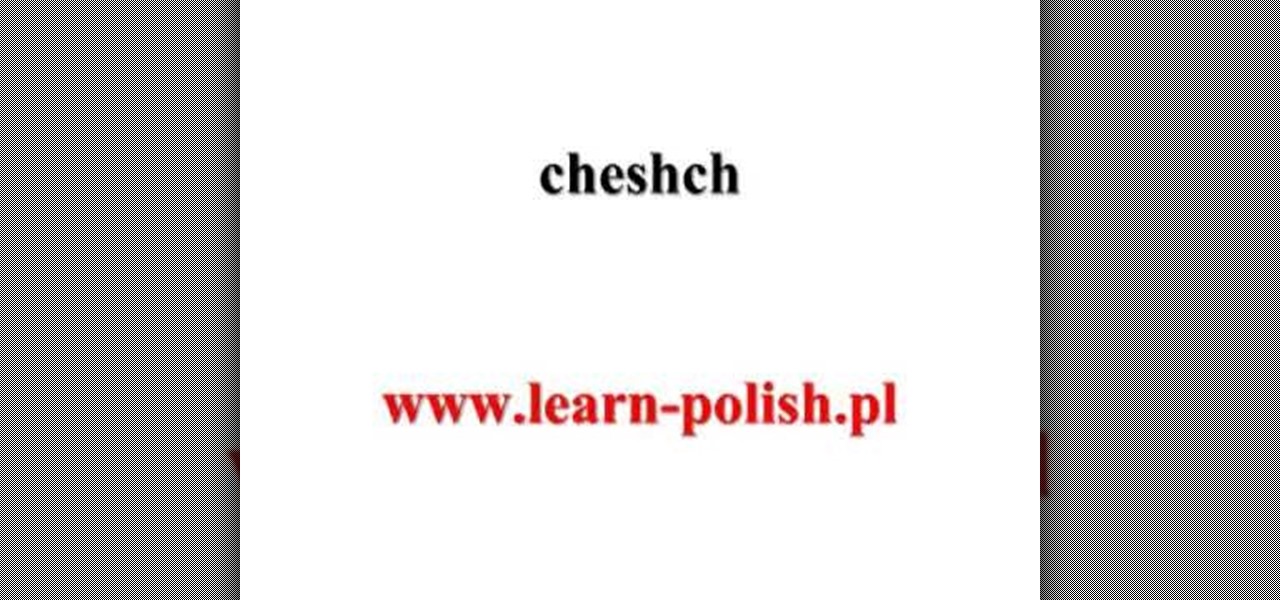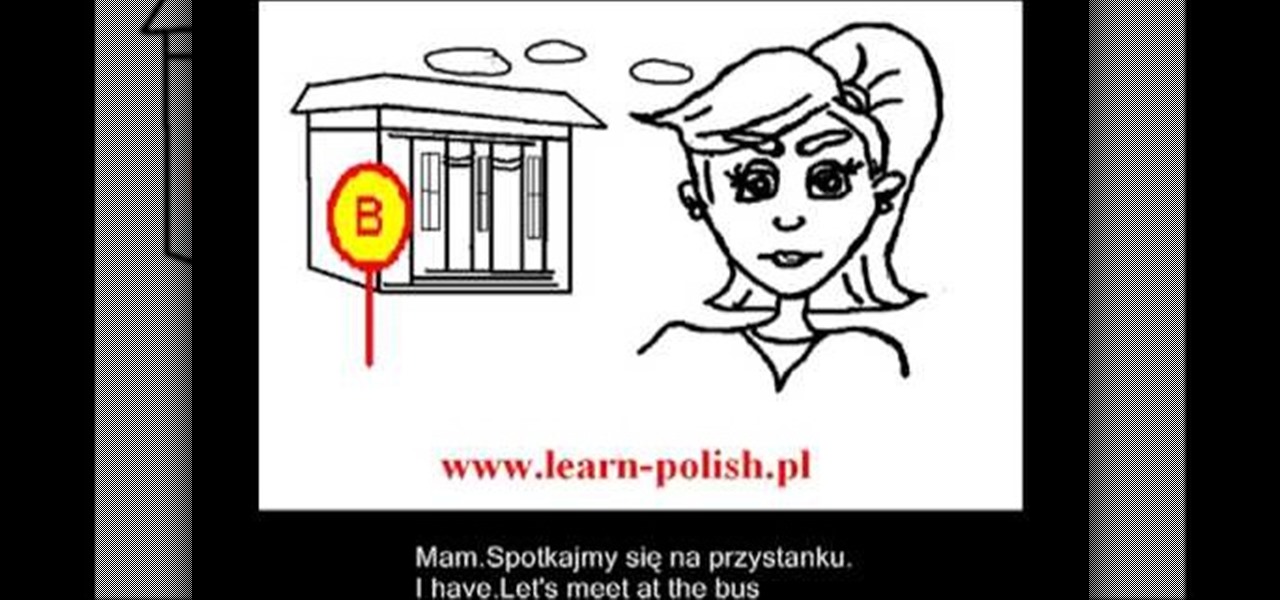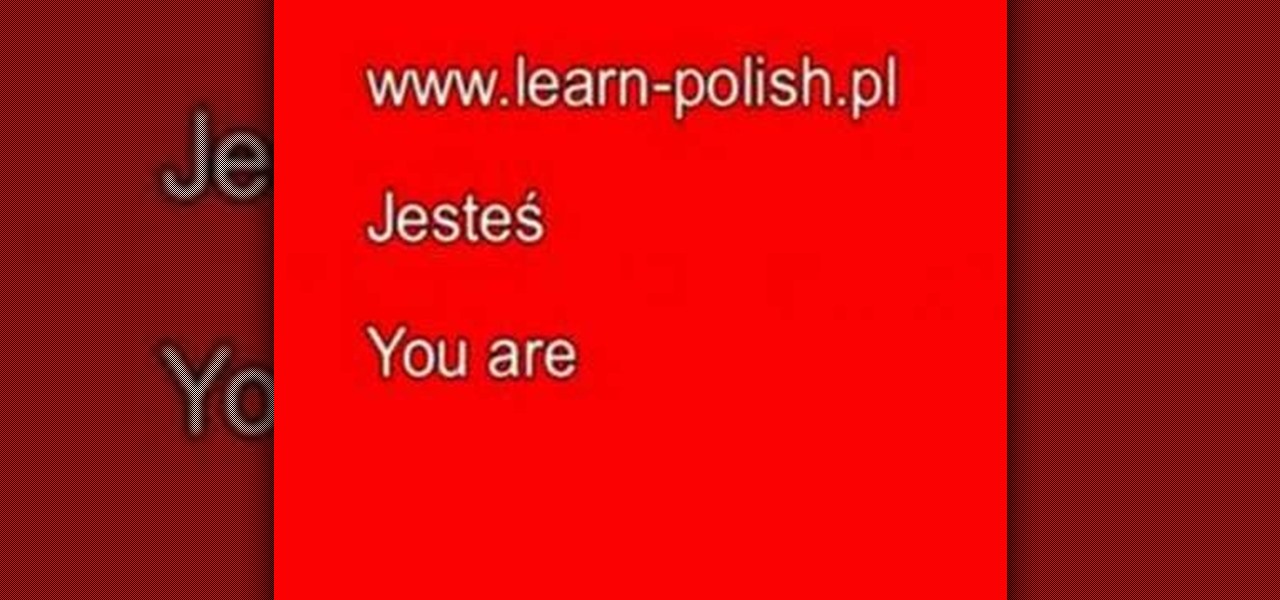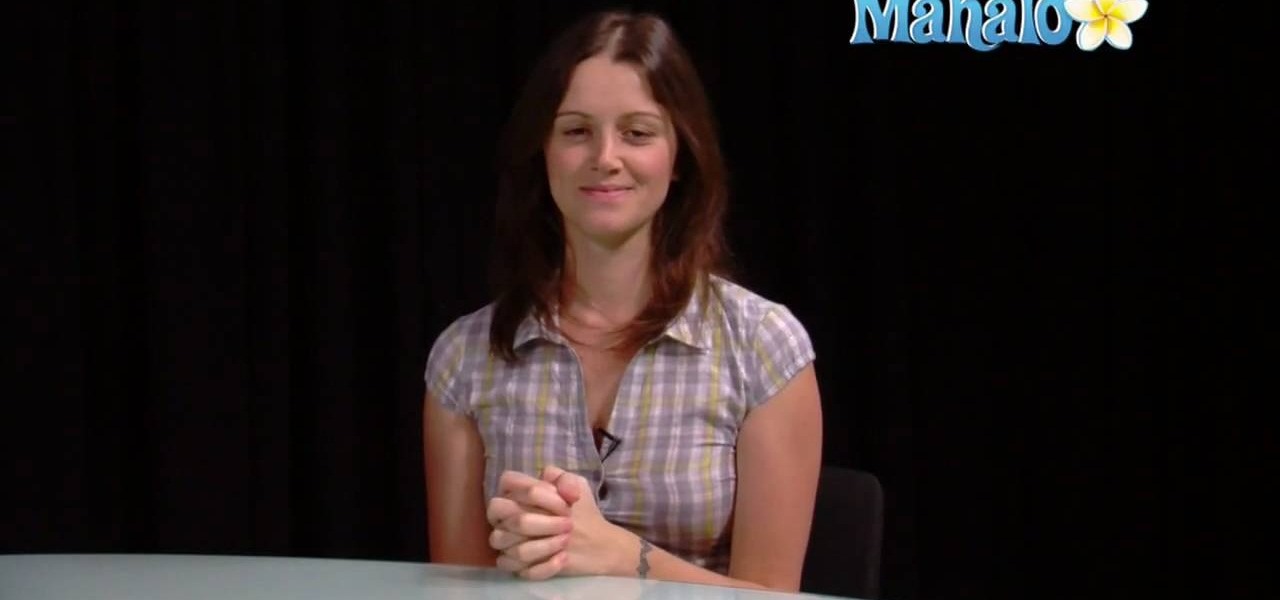
In this free video language lesson, you'll learn how to ask someone what their name is in Italian. While Italian isn't necessarily a very difficult language for an English-speaker to learn, many stumble when it comes to pronunciation. Fortunately, the Internet is awash in clips like this one, which make learning both vocabulary and proper pronunciation a very easy task. For more information, and to get started using this useful Italian phrase yourself, watch this video guide.
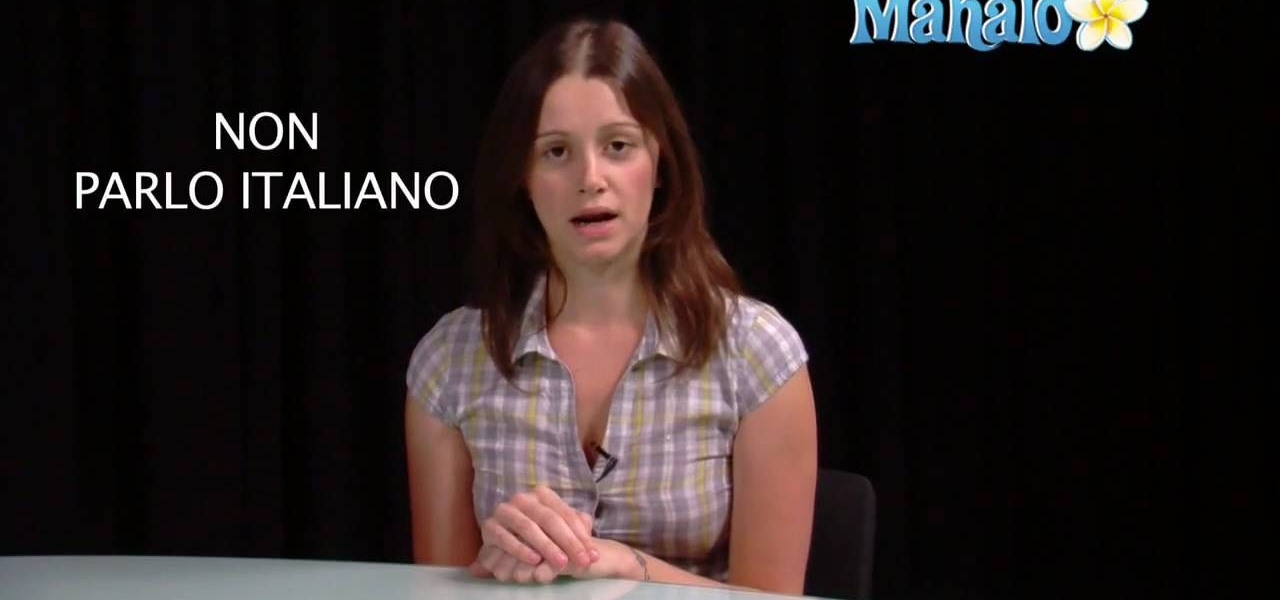
In this free video language lesson, you'll learn how to say the Italian words for "I don't speak Italian." While Italian isn't necessarily a very difficult language for an English-speaker to learn, many stumble when it comes to pronunciation. Fortunately, the Internet is awash in clips like this one, which make learning both vocabulary and proper pronunciation a very easy task. For more information, and to get started using this useful Italian phrase yourself, watch this video guide.

In this free video language lesson, you'll learn how to say the Italian words for "goodnight": "buona notte." While Italian isn't necessarily a very difficult language for an English-speaker to learn, many stumble when it comes to pronunciation. Fortunately, the Internet is awash in clips like this one, which make learning both vocabulary and proper pronunciation a very easy task. For more information, and to get started using this useful Italian phrase yourself, watch this video guide.

In this free video language lesson, you'll learn how to ask how a person is feeling in perfect Italian. While Italian isn't necessarily a very difficult language for an English-speaker to learn, many stumble when it comes to pronunciation. Fortunately, the Internet is awash in clips like this one, which make learning both vocabulary and proper pronunciation a very easy task. For more information, and to get started using this useful Italian phrase yourself, watch this video guide.

In this free video language lesson, you'll learn how to tell an Italian person that it's nice to meet him or her. While Italian isn't necessarily a very difficult language for an English-speaker to learn, many stumble when it comes to pronunciation. Fortunately, the Internet is awash in clips like this one, which make learning both vocabulary and proper pronunciation a very easy task. For more information, and to get started using this useful Italian phrase yourself, watch this video guide.
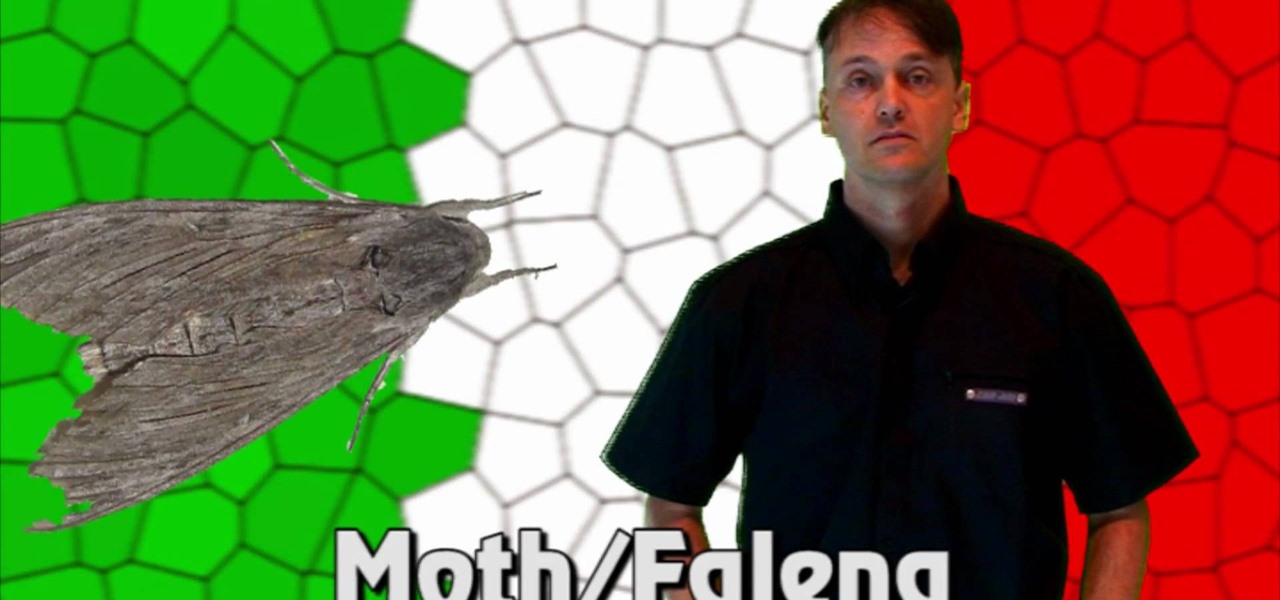
In this tutorial, we learn how to say Italian words in English. To say "the insects" in Italian, you say "gli insetti". Ants are "formica", aphids are "afidi", bees are "api", and beetle is "scarafaggio". Butterfly is "farfalla", caterpillar is "bruco", cricket is "grillo", dragonfly is "libellulu", and earth worm is "lombrico". Knowing how to say these are the first stepping stones to learning to speak Italian. Just knowing these can help you start to speak this beautiful language in no time...

Thanks to advances in CGI, lots of ordinarily silent or non-alive things have been animated (or anthropomorphized for all you English majors out there). Dogs, cats, squirrels, and thanks to the "Toy Story" series, Barbie and Ken, too.

In this Computers & Programming video tutorial you will learn how to run Windows 7 on a Mac using Parallels. First you got to download Windows 7. For this you will need Firefox browser. Open the browser and go to www.microsoft.com/windows/windows-7/download.aspx. Scroll down and under the 32 bit download link, select English and click GO. If you have a windows account, type in your email and password and sign in. You will get the download link in the email. Go to the link, it will have the pr...

Learning to differentiate between common nearly synonymous words in a foreign language is one of the biggest challenges inherent in learning another language. Here, Spanish instructor Professor Jason breaks down the difference between the Spanish words "muy" and "mucho". While these both seem like they mean "more" to many English speakers, one is actually an adverb and the other an adjective, so using them interchangeably can be a major mistake. Many examples and a quiz are included in the vi...

One of the best ways to learn the Hebrew alphabet is to use the alphabet song. But this twist on the song incorporates "Twinkle, Twinkle Little Star" in order to better remember the alphabet. "Twinkle, Twinkle Little Star" is the song that most English speakers learn their alphabet to, so why wouldn't it work with the Hebrew "Aleph-Bet"? The Aleph Bet has 22 letters which are all consonants. Get more details here. There are actually three videos here, the first is slow. The second if medium s...

Torrin creates a Victorian up-do with long hair. The style can be done with hair that is at least just past the shoulders in length. Make a ponytail at the base of the neck. Slide the band down a bit and poke fingers through the middle of the ponytail to split the hair. Then pull the ponytail through the split from top to bottom. Separate the ponytail into three sections and make three English braids. Attach the three braids together with one rubber band, leaving several inches of hair left o...

This video by Slokkro shows how to sharpen a knife using multiple wet sharpening stones. The video has no spoken words, choosing instead to have English subtitles, pointing out the various items and techniques for sharpening a blade. Following the directions should enable the viewer to put a nice edge on dull blades, with the technique of using a coarse stone first, then a fine-grained one. The motions are repeated several times in the video, giving the viewer an opportunity to study it witho...

Learn how to say "Good night" in Polish in simple and easy steps. 1. First find out the correct Polish word for the English word "Good night" which is "dobranac". 2. Now spell out Polish correctly without any spelling mistakes. 3. Try to speak out the word slowly and ensure you pronounce the Polish word exactly. 4. Practice it a few times until you pronounce it correctly without any mistakes.

Learn how to say common greetings & phrases in Polish. In this video, learn how to say "good morning" or "good afternoon", "hi", "goodbye", "bye", "bye bye", "goodnight", "same to you", "how are you?", "fine, thank you", "not too good", "so-so", "and you?" and how to ask "what's your name?" "where are you from?" and more.

Grassvalleyflorist teaches you how to make a fall themed flower bouquet. For this you will need some fountain grass, autumn leaves, English laurel, redwood, oregano and another weed that looks good. Layer all of these together, on top of each other. You can also add some pine cones. Wire in the stems allows the whole thing to stay together. Use ribbons or florist wire. Cut the ends so that the bouquet is not very long. You can also make a bow out of a big piece of material or ribbon. The best...

Learn how to say and spell out "hello" in Polish. This is a quick twelve minute video which shows the spelling and says the pronunciation of the word "hello" in the Polish language. This steps and/ or guidelines would show the easiest way to pronounce the word hello in the Polish language. The English word hello is translated as "Czesc‡" in the Polish language. The spelling may look like an easy word to pronounce but in reality, the pronunciation is different from the spelling of this word. T...

This video shows how to use the French expressions "das que..." and "ne...plus". The expression "das que..." means "as soon as".”ne..plus" means "no longer". You can use these expressions in sentences. " Je ne veux plus venir" means “I don’t want to come any longer". "Des que je me leve je prends un cafe" means " After I get up in the morning I have a coffee" These are regular sentences people use every day in the French language just as used in the English language.

The Toyota 4Runner has a DVD based navigation system which features a touch screen display and is quite user-friendly. The system can provide voice guidance in English, French and Spanish. One can find an input destination quickly and easily using either voice commands or manually. You can even store your home address as well as five of your favorite destinations by clicking the map button on the right hand side of the panel. This system will help one reach their destination as quick as possi...

As the Philippines is becoming more and more well known, so is the main dialect of this beautiful island country: Tagalog! Bud Brown, also known as MagicMaximo, takes you through the nuances of this not (yet) well-known language. In this video Bud explains the difference between "Magkano" (how much) and "Ilan" (how many), breaking down not only the Tagalog words themselves, but their English counterparts, what they mean, how they can be used in a sentence effectively, and in what instances it...

An introduction to a popular and delicious Filipino saucy pork and rice noodle dish demonstrated by a friendly authentic chef. For the more experienced and adventurous cook who is curious about Filipino cuisine. This video might be best viewed with a print out of the recipe at hand since it will help identify the exotic ingredients shown such as annatto and shrimp cake. At the beginning each ingredient is introduced so that the home chef may gather everything required and follow along. Clear,...

In this video, Ways Linn demonstrates how to play "Baby Can I Hold You" by Tracy Chapman, in this acoustic guitar lesson. She gives this lesson in both English and French, listing all the chords, and illustrating their fingering, that you will need to know to play the song. This video is fairly easy to follow. Beginning guitarists looking for a new lesson will appreciate this video, as well as Tracy Chapman fans wanting to learn this song.

This video from Panlasang Pinoy teaches the viewer, using a POV camera style, exactly how to bake King crab legs with garlic lemon butter sauce.

In this short language tutorial, learn how to say a variety of words in Polish and practice your pronunciation by pausing the video. Words covered in this video include: big, small, cheap, expensive, difficult, easy, hot, quick, slow, early and more.

How else are you going to delight the people of Poland without telling them how wonderful everything is? In this language tutorial, learn how to say various things are good... including yourself. Phrases include: "good computer", "good husband", "good tea" and much more.

Learn how to tell people your throat is quenched and your belly is rumbling. Learn how to say "I'm sorry" and "I'm hungry" in Polish. Practice the correct pronunciation by stopping and pausing this short language tutorial!

It's important to be able to convey to someone that you are feeling ill in their language. In this video, learn how to say "I'm sick" in Polish, as well as "I'm hungry" and "I'm tired". Study & learn the correct pronunciation by stopping and pausing this short language tutorial to practice!

Anytime you leave the country for a country that speaks another language, it's important to learn the phrase, "I'm lost". Learn how to say that, along with other phrases that will help you on your journey such as "How much?" and "What does that mean?". Work on your Polish pronunciation by repeating this short video until you get it down right.

Learn some basic phrases in Polish with help from this video on Polish survival phrases. Survive in Poland knowing how to say such phrases as "Where?", "What?" and "What is this?". Work on your pronunciation by repeating the video, until you get it down pat!

Be kind to people on your trip to Poland by learning how to greet people in the streets! In this video, learn how to say "good morning", "good evening", and "nice to meet you" in Polish & the correct pronunciation for each. Before you know it, you may win over the entire country!

Before you go to Poland on the vacation of a lifetime, you should first learn some basic words & phrases, like "yes", "no", and "excuse me". In this video, learn those phrases and the correct pronunciation for each.

Before you embark your journey to Poland, first learn some manners! In this "basic survival Polish lesson" learn how to say such phrases in Polish as: "please", "thank you", and "that's alright".

Before you leave for your trip to Poland, it's important to learn basic survival phrases to get around better. In this instructional video, learn how to say "hi" and "please repeat" in the Polish language.

On your trip to Poland, be sure to know you armed with the language skills to get around. In this instructional video, learn how to ask where a bus is headed, and how to pronounce it correctly in Polish.

Yes, it's right. It's totally boiling in your classroom. Impress your teacher (or be a smart ass), by asking if you can open the window in Polish. In this video, learn how to ask "May I open the window?" and how to pronounce it correctly in the Polish native tongue.

Send your friends & family a "kartka pocztowa" from Poland! A what? A postcard. In this video, learn the Polish word for "postcard" (which translates to "kartka pocztowa") and how to pronounce it correctly in the Polish native tongue.

Get back from your trip to Poland in time for work on Monday! To do so, you might just need to talk to your airline about how that fourteen hour delay just isn't going to work for you. In this video, learn the Polish word for "flight" (which translates to "lot") and how to pronounce it correctly.

Before your trip to Poland, learn how to say the most important words and phrases that might come in handy. In this video, learn the Polish word for "shower" and how to pronounce it correctly.

In Poland, you will eat... and you will eat well. In this short language tutorial, learn how to ask, "Does the price include breakfast?" to your waiter, which translates to "Czy to cena ze sniadaniem?"

Hey ladies! On your trip to Poland, learn how to ask those cute Polish guys out on date with a variety of phrases and questions taught in this video. A situational conversation lesson, learn how to say the following in the Polish language: "Shall we go to the swimming pool?", "Have you got a map?", "Let's meet at the bus stop" and more.

Attention men! Looking to pick up a cute Polish women on your trip to Poland? Tell her how cute you think she is with help from this language instructional video. Learn how to say "you are cute" in Polish, which translates to "Jestes fajna".








